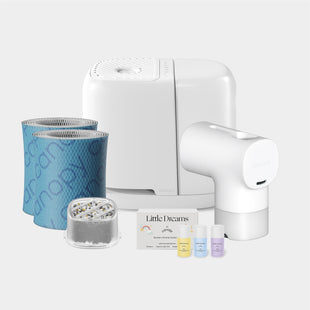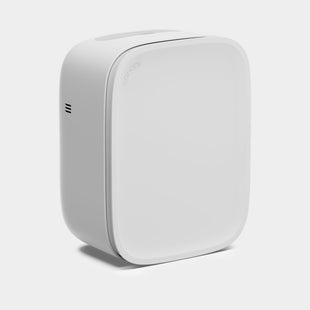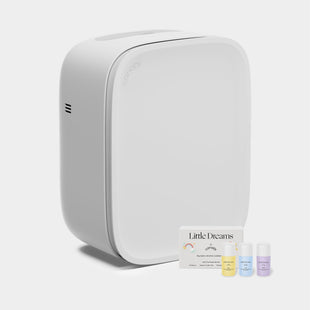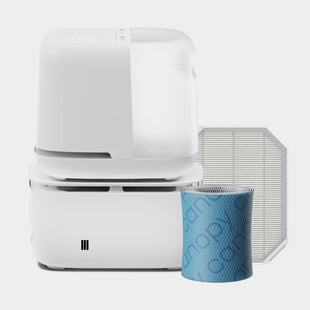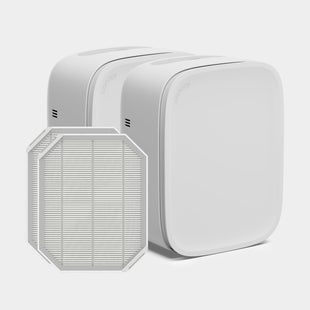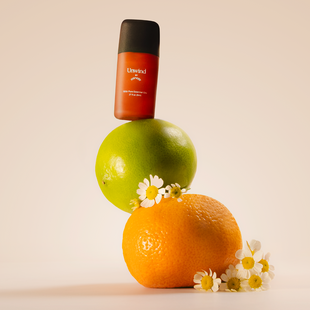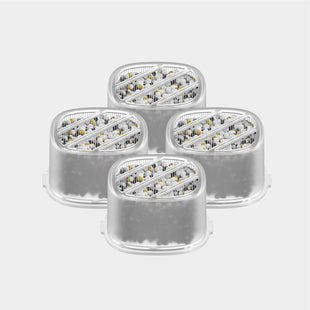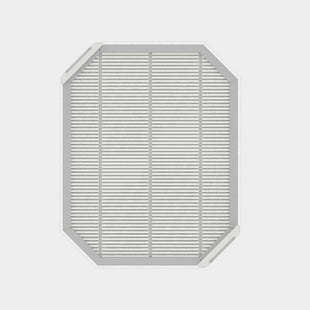Do you feel well-rested when you wake up in the morning? About 1 in 3 U.S. adults get fewer than the recommended 7 hours of sleep on a regular basis. And insufficient sleep isn’t the only issue—just falling asleep is a problem for many people. Approximately 33–50% of adults experience symptoms of insomnia.
Sleep deprivation can lead to a variety of short- and long-term complications, from memory and learning problems to high blood pressure. If you’re seeking ways to get a good night’s sleep, white noise can help.
White noise is an increasingly popular bedtime tool. It’s common to use diffusers, humidifiers, air conditioners, and smartphone apps to produce the soothing sound. You might be wondering how it works and why people are starting to swear by nighttime ambient noise.
What Is White Noise?
When people think of white noise, they typically imagine TV or radio static. White noise is actually the sound of all frequencies across the spectrum audible to the human ear, coming in at the same intensity. In other words, it’s every frequency you can hear combined into one uniform sound. It’s often described as a light hissing or shushing sound.
How Does White Noise Help You Sleep?
Because noises in general tend to keep people awake, some might think that white noise is bad for you. On the contrary, it may help you fall asleep faster and stay asleep throughout the night.
The Effects of White Noise on the Brain

The uniform sound of white noise is perfect for masking environmental disruptions. Those living in cities, near barking dogs, or next to loud neighbors can attest to the difficulty of sleeping through persistent, identifiable noises. White noise is monotonous, making it easy to fall asleep to. Its consistency allows your mind to block out sounds that would normally wake you in complete silence. When you are hearing an equal measure of all frequencies in one sound, a car’s horn honking won’t seem as harsh and distinct to your brain.
The Benefits of White Noise
Establishes a Healthy Routine
Bad habits—such as scrolling through social media, watching TV, and drinking caffeine too close to bedtime—can make it difficult for you to relax and fall asleep. It’s important to engage in more soothing activities, like reading a book, drinking herbal tea, or taking a bath. You can also use white noise to signal when it’s time for bed. Over time, your body will associate the sound with sleep. A healthier bedtime routine can leave you feeling more awake and refreshed in the morning.
Helps You Fall Asleep Faster
When people experience insomnia, the stress and pressure to fall asleep can leave them lying awake even longer. The time it takes you to fall asleep, known as sleep latency, can affect how much sleep you get overall. White noise may improve sleep latency. In one New York City study, participants complaining of city noise levels found that playing white noise allowed them to fall asleep faster.
Helps You Stay Asleep
Environmental noises can wake you several times throughout the night, even if you don’t remember. According to the Sleep Foundation, frequent interruptions can cause a variety of daytime issues, including grogginess, poor mood, and decreased performance at work and school. White noise can help eliminate disruptions, allowing you to sleep peacefully through the night.
If you’re already using Canopy’s diffuser and humidifier to benefit from cleaner, more comfortable air, you’re in luck. The sound these devices make when operating can double as gentle white noise for the ultimate sleep environment. Look forward to hydrated skin, relaxing aromas, and many restful nights to come.









